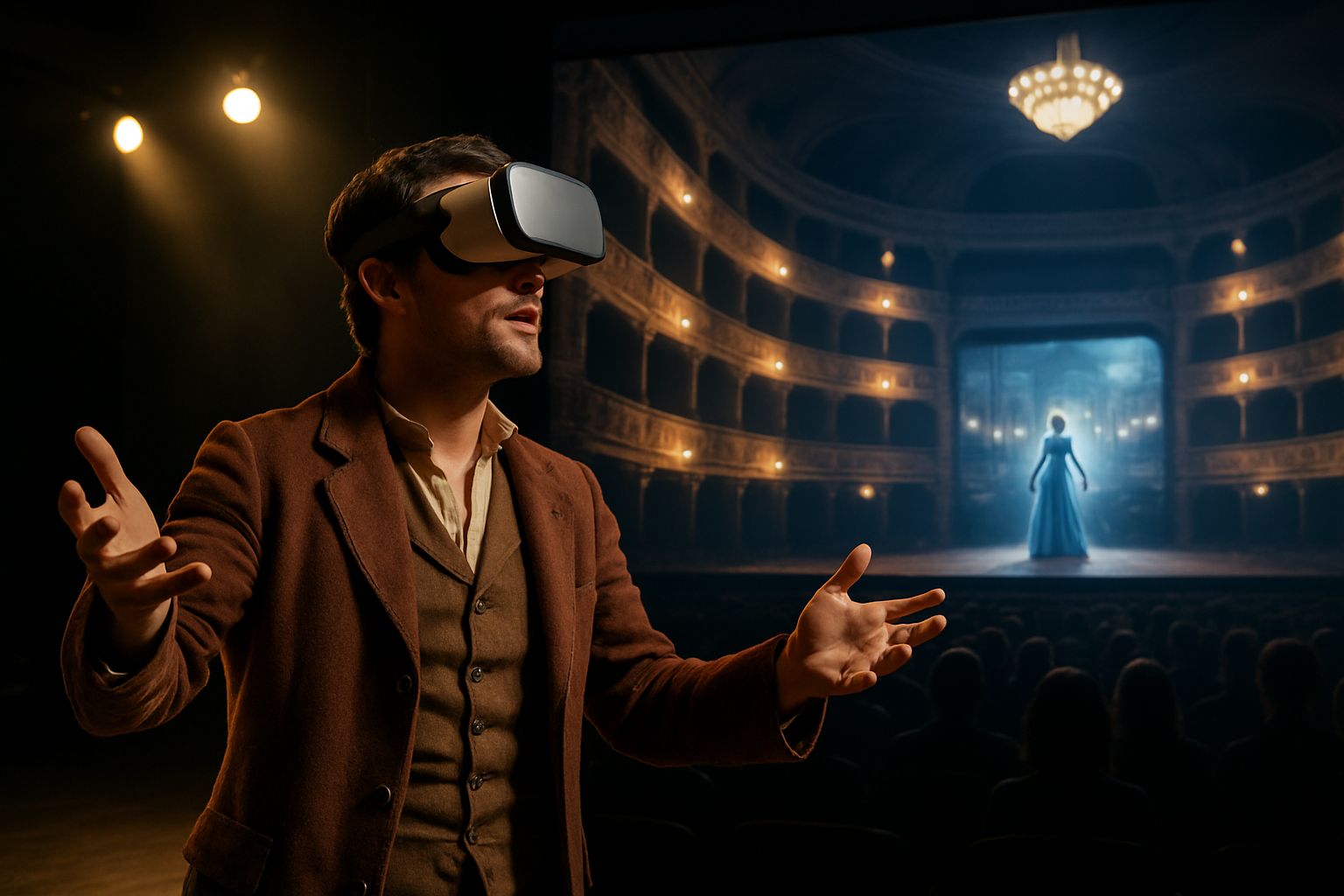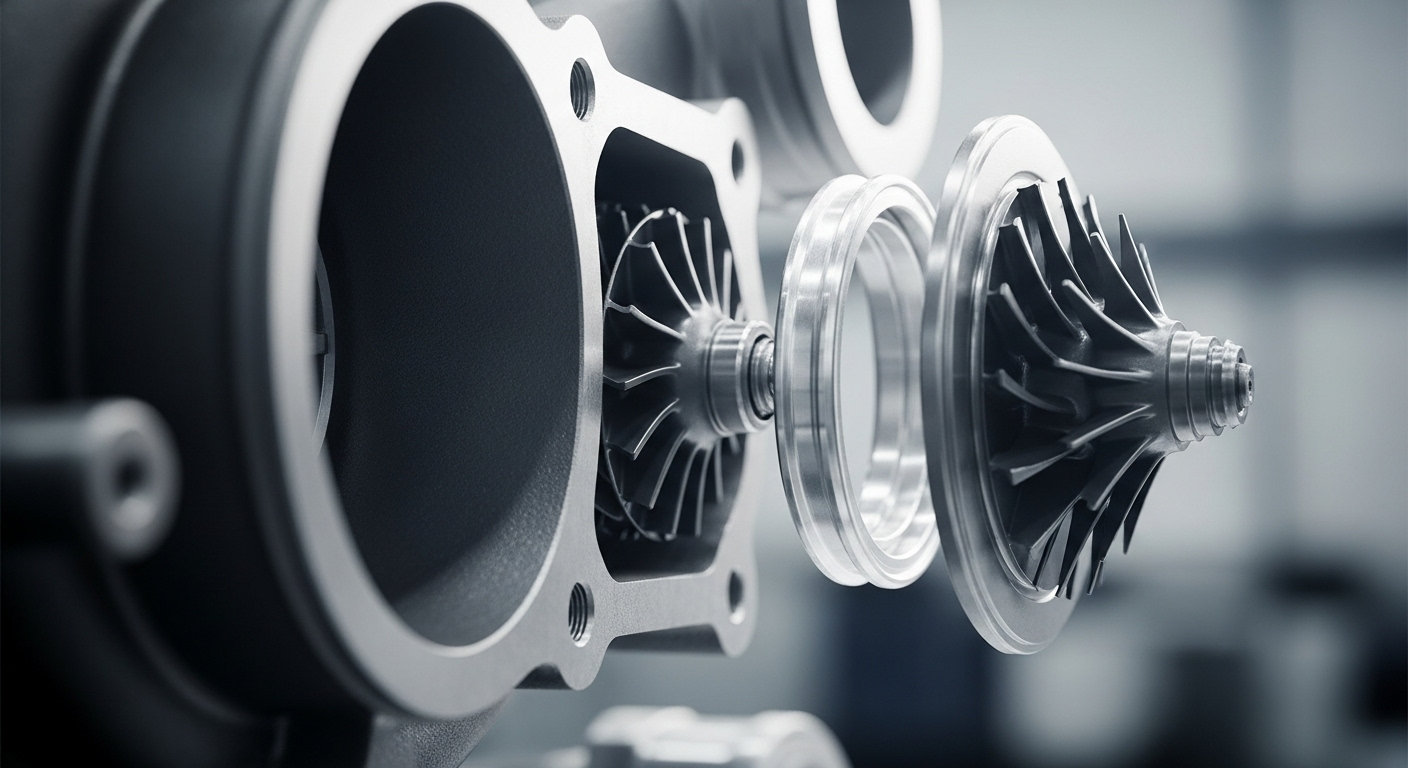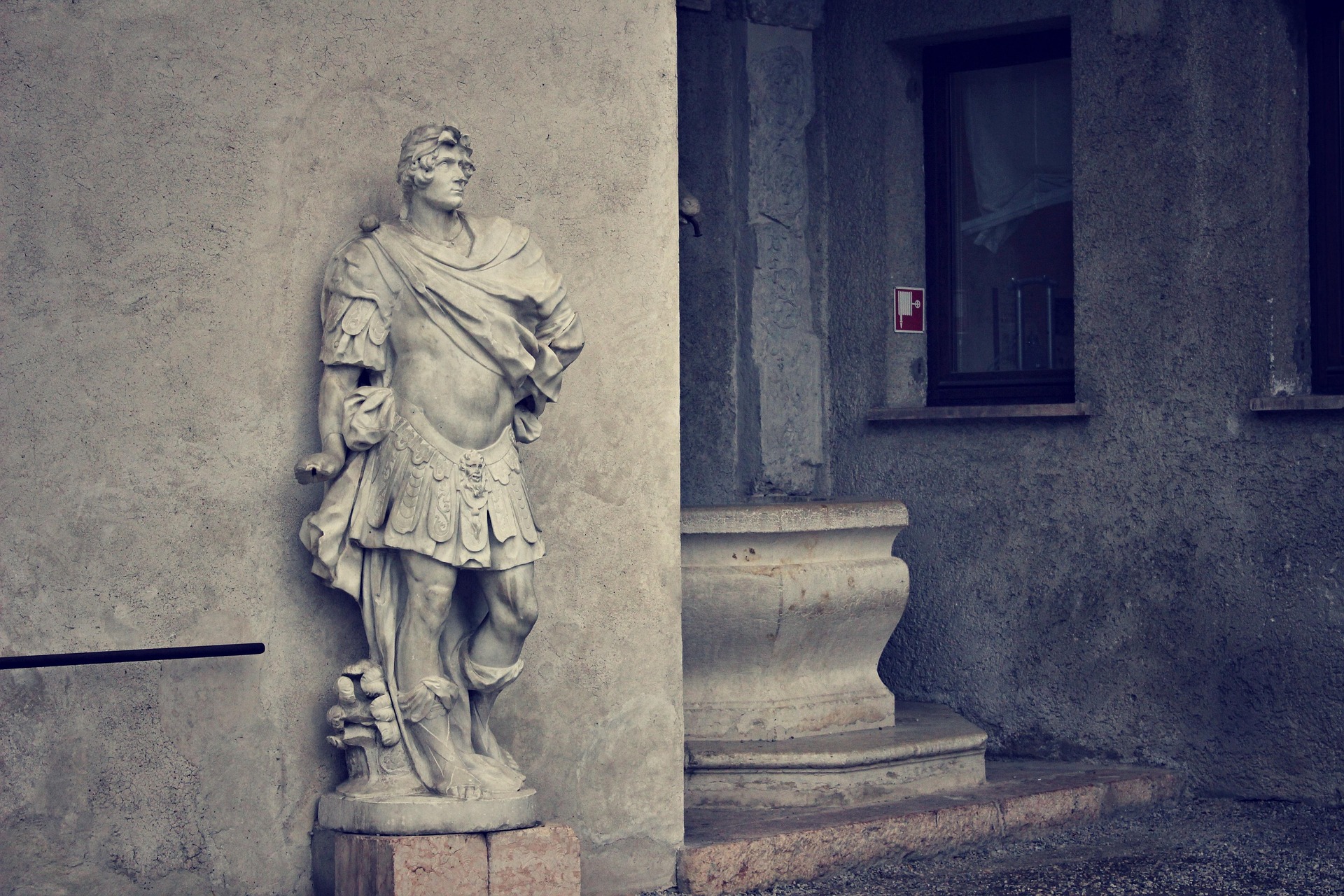Virtual Reality Opera: A New Frontier in Musical Theater
The fusion of cutting-edge technology and classical art forms is revolutionizing the opera experience. Virtual Reality (VR) opera, a groundbreaking innovation in musical theater, is pushing the boundaries of artistic expression and audience engagement. This immersive medium combines the power of operatic performance with the limitless possibilities of virtual environments, creating a unique and captivating experience for audiences worldwide.

Early attempts faced numerous technical challenges, from creating convincing virtual environments to synchronizing live performances with digital elements. However, as VR technology advanced rapidly, so did the quality and sophistication of VR opera productions. By the late 2010s, several notable projects had successfully demonstrated the viability and artistic potential of this innovative form.
Redefining the Audience Experience
One of the most significant aspects of VR opera is its ability to redefine the relationship between performers and audience members. Traditional opera houses, with their fixed seating arrangements and distant stages, are replaced by immersive virtual spaces where viewers can move freely and interact with the environment.
In VR opera, audience members don headsets that transport them into meticulously crafted digital worlds. These environments can range from fantastical landscapes inspired by the opera’s narrative to abstract realms that visually interpret the music. The freedom to explore these spaces adds a new dimension to the storytelling, allowing viewers to discover hidden details and perspectives that enrich their understanding of the work.
Technological Innovations in VR Opera
The development of VR opera has spurred numerous technological innovations specific to this medium. Advanced motion capture systems enable performers’ movements to be translated into virtual avatars in real-time, preserving the nuances of their expressions and gestures. Spatial audio technologies create three-dimensional soundscapes that respond to the viewer’s position and movements within the virtual space.
Haptic feedback systems are being integrated into VR opera experiences, allowing audiences to feel vibrations and textures that correspond to the music and action. This multisensory approach enhances the feeling of presence and emotional connection to the performance.
Artistic Challenges and Opportunities
VR opera presents unique challenges and opportunities for composers, librettists, and directors. The traditional constraints of physical staging are lifted, allowing for impossible set designs and fantastical visual effects. However, this freedom also requires a new approach to storytelling and composition that takes full advantage of the medium’s capabilities.
Composers are exploring ways to create music that responds dynamically to the viewer’s movements and choices within the virtual space. Librettists are rethinking narrative structures to accommodate non-linear exploration and multiple perspectives. Directors must consider how to guide the audience’s attention in a 360-degree environment while maintaining the dramatic flow of the opera.
The Future of VR Opera
As VR technology continues to evolve and become more accessible, the future of VR opera looks increasingly promising. Major opera houses around the world are beginning to incorporate VR productions into their seasons, recognizing the potential to attract new audiences and expand their artistic reach.
Collaborations between opera companies, tech firms, and game developers are driving innovation in the field. These partnerships are leading to more sophisticated VR opera experiences that blur the lines between performance, gaming, and interactive art.
The educational potential of VR opera is also being explored, with productions designed to introduce younger audiences to the art form in an engaging and interactive way. Virtual masterclasses and behind-the-scenes experiences offer unprecedented access to the world of opera production.
As VR opera matures, it is likely to influence traditional opera staging as well, with elements of virtual production finding their way into physical performances. This cross-pollination of ideas and techniques promises to invigorate the opera world and push the boundaries of what is possible in musical theater.
Virtual Reality opera represents a bold step into the future of performing arts. By embracing cutting-edge technology and reimagining the operatic experience, this new medium is opening up exciting possibilities for artistic expression and audience engagement. As it continues to evolve, VR opera has the potential to attract new generations of opera lovers and ensure the enduring relevance of this centuries-old art form in the digital age.





